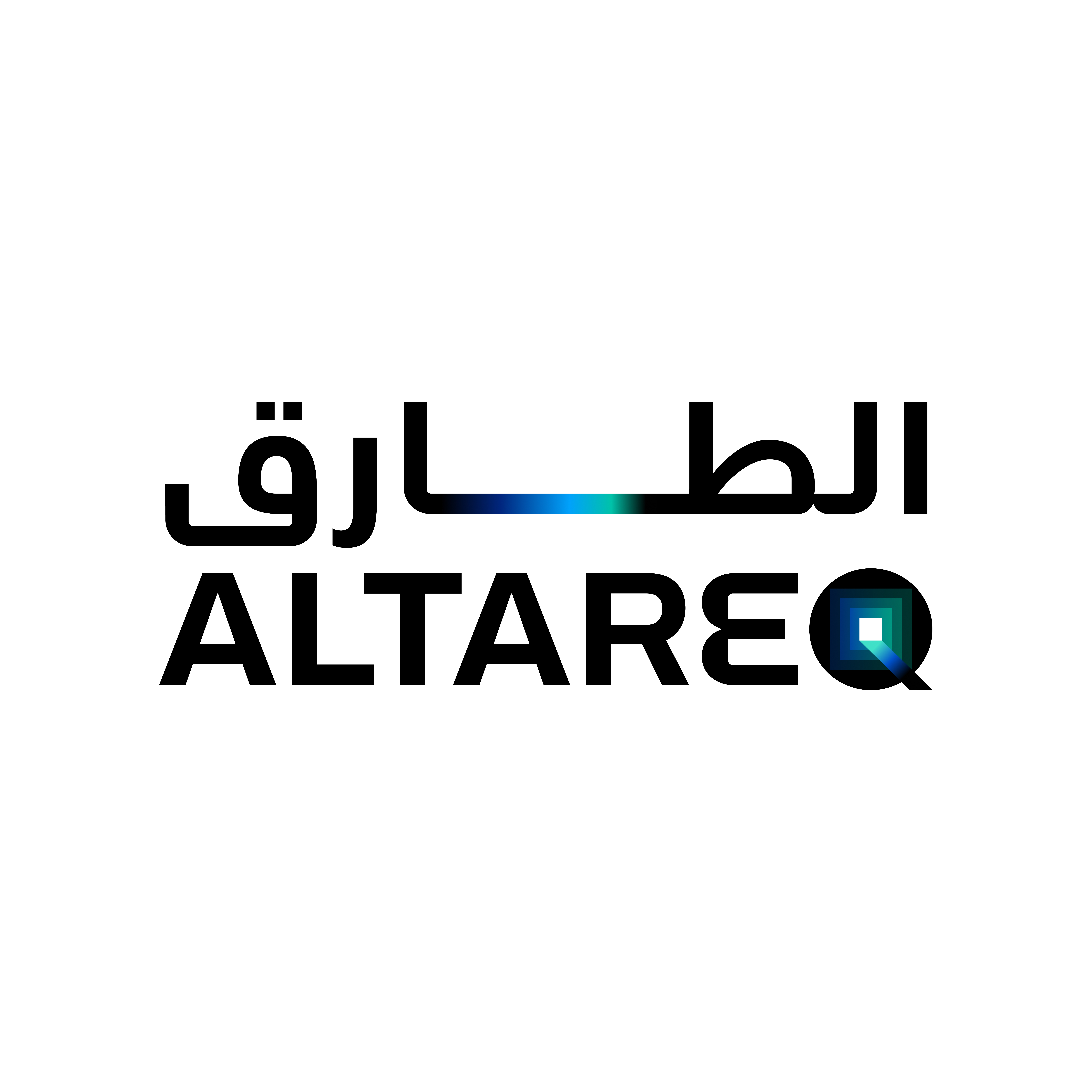The standard that supports the implementation of open finance in the UAE.
The CBUAE Open Finance Framework aims to deliver several customer outcomes, including increased control over their financial data, enhanced transparency, access to a wider range of financial products and services, improved customer experience, and increased competition leading to potentially better products, rates, and personalised offerings.
CBUAE
UAE
To stimulate innovation across the UAE’s financial sector by encouraging more consent-driven, data-rich, collaborative, secure and customer-centric digital business and service models. Achieving this vision will deliver greater clarity and control to customers, so that they can manage their finances better.
JSON
RESTful
YAML
Active API
Open Finance Standards v1.2-final – 20/12/2024
The API specifications and business rules are publicly available.
All licensed financial institutions (LFIs) are required to adhere to the open finance standard.
Accredited TPPs may access LFI APIs within the ecosystem.
Regulated
Mandated
Key elements of the Open Finance Framework:
1. Roadmap: Access the detailed open finance roadmap, ensuring clarity and ease of updates.
2. Approved Use Cases: Review the approved use cases demonstrating the practical applications and benefits of open finance.
3. Catalogue of Standards: Browse through the comprehensive catalogue of all Open Finance standards relevant to LFIs and TPPs.
4. Testing and Certification Framework: Requirement and process for LFIs and TPPs for testing and certifications.
5. Open Finance Platform: User guides and other essential documentation for the Open Finance Platform (OFP).
6. Limitation of Liability Model: Address various dispute scenarios, identify the liable and responsible parties, and estimate the extent of redress.
7. Commercial and Pricing Model: Sets out the fee structure for access to and usage of the Open Finance Platform.
8. AML and Fraud Guidelines: Cover Anti Money Laundering and Fraud Management Guidelines across components
Finance
Open Finance
– Bank Service Initiation
– Bank Data sharing
– Insurance Data Sharing
Current Accounts
Savings
Certificates
Registry
FAPI 2.0
OAuth
OIDF
Accounts
Balances
Beneficiaries
Direct Debits
Parties Or Contacts
Standing Orders
Transactions
Bulk & Batch
Fixed Recurring
Future Dated
International Payments
Refunds
Single Instant
Variable Recurring Payments
API Specifications
Customer Experience Guidelines
Operational Guidelines
The following resources are available to all registered developers:
– Open Finance Framework (including Use Cases, Business Rules and Standards)
Customer Experience
Functional
Operational
Security Profile
Open finance in the UAE is a relatively new concept, however the region has moved quickly and offers one of the most comprehensive sets of open finance functionality. The first version of the Standard was published in August 2024, with an updated version released in December 2024.
The governance of Open Finance in the UAE is overseen by the Central Bank of the UAE (CBUAE). CBUAE sets the regulations, with AlTareq setting the guidelines, and standards for open finance implementation, monitors compliance, and ensures the security, privacy, and protection of customer data within the framework.
– Security Certification (to the OpenID FAPI 2.0 profile)
– Functional Certification
– Customer Experience Certification


